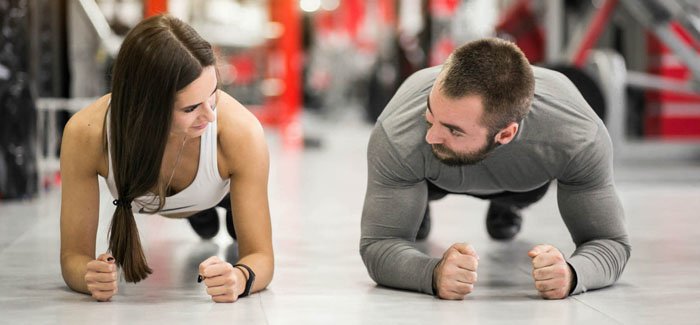Fighting Jet Lag? Exercising Can Help
What is jet-lag? People often complain about being sleep-deprived and exhausted after a long travel or shifting time zones. Jet-lag is an actual physiological condition. It is the experience of the body when the body’s natural rhythms (“the body clock”) are disrupted or changed. The body is so sensitive to its “clock” that it has even been documented to be more severe when one travels in an eastward direction compared to westward travel.
Exhaustion isn’t the only symptom of jet lag. It can also cause headaches, insomnia, and irritability.
Jet lag is a problem – but how do people combat it? Research has found that exercise can shift the human “body clock” and help it adjust to changes in schedules (like moving from swing shift to graves) and jet lag.
A collaboration of researchers from Arizona State University and UC San Diego has been trying to tackle this “body clock” conundrum. They decided to focus on the effect of exercise on the “body clocks” and conducted a study that included 101 participants for up to five and a half days.
The study, published in The Journal of Physiology, was able to show that when people exercised from seven in the morning, or between one and four in the afternoon, were able to advance their body clock to an earlier time.
Whereas, those who exercised between seven and ten at night delayed their body clock to a later time. Unlike regulating metabolism, age and gender did not seem to have any significant impact on changing these outcomes. Specifically, timed exercise could affect the body clock, without the other physiological worries.
Shawn Youngstedt, from Arizona State University, states that exercise can help change the body clock faster. For their study, they checked how exercise helps both to delay the body clock or to advance it.
How are researchers able to conduct a study like this? For it, each participant’s body clock was determined through a urine sample collected every ninety minutes to measure the time of each person’s specific evening rise in melatonin levels. The process allowed researchers to establish a baseline to conduct their research.
So, what does that mean? It means that people can utilise this manipulation of the body clock to help them adjust to jet lag symptoms and also to prepare for shift changes at work.
There may have been some unintended bias in this study as most of the subjects the test was conducted upon were already more physically active compared to national trends of activity amongst adults.
Still, this original study has sparked interest in how the effects of exercise could help people overcome their body clocks either in preparation of change or to overcome jet lag effects.
Universities are planning on continuing their research. However, they will be looking at other avenues to handle these symptoms outside of exercise. They plan on investigating with bright lights in combination with melatonin. Their hope is they will be able to investigate further the impact that stimulus has on the body clocks.
.





